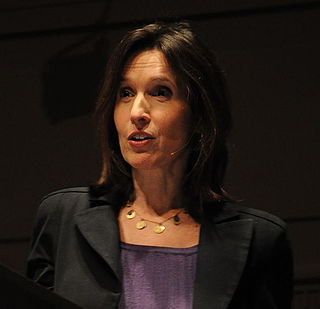A Quote by Marci Shimoff
The concept (of happiness) is universal. In Buddhism, it is called causeless joy, in Christianity, the kingdom of heaven within, and in Judaism it is called ashrei, an inner sense of holiness and health. Is Islam it is called falah, happiness and well-being, and in Hinduism it is called ananda, or pure bliss.
Related Quotes
What is God-given is called nature; to follow nature is called Tao (the Way); to cultivate the way is called culture. Before joy, anger, sadness and happiness are expressed, they are called the inner self; when they are expressed to the proper degree, they are called harmony. The inner self is the correct foundation of the world, and the harmony is the illustrious Way. When a man has achieved the inner self and harmony, the heaven and earth are orderly and the myriad of things are nourished and grow thereby.
All that you seek is already within you. In Hinduism it is called the Atman, in Buddhism the pure Buddha-Mind. Christ said, 'the kingdom of heaven is within you.' Quakers call it the ‘still small voice within.’ This is the space of full awareness that is in harmony with all the universe, and thus is wisdom itself.
To you, Christianity, Judaism, Islam, Buddhism, and Hinduism look very different, but to me they look the same. Many of you would say that something like Buddhism doesn't even belong on the list, since it doesn't link salvation to divine worship, but to me this is just a quibble. Christianity, Judaism, Islam, Buddhism, and Hinduism all perceive human beings as flawed, wounded creatures in need of salvation, and all rely fundamentally on revelations that spell out how salvation is to be attained, either by departing from this life or rising above it.
As instruments for knowing the objects, the sense organs are outside, and so they are called outer senses; and the mind is called the inner sense because it is inside. But the distinction between inner and outer is only with reference to the body; in truth, there is neither inner nor outer. The mind's nature is to remain pure like ether.
This earth is not our home. We are away at school, trying to master the lessons of "the great plan of happiness" so we can return home and know what it means to be there. Over and over the Lord tells us why the plan is worth our sacrifice - and His. Eve called it "the joy of our redemption." Jacob called it "that happiness which is prepared for the saints." Of necessity, the plan is full of thorns and tears - His and ours. But because He and we are so totally in this together, our being "at one" with Him in overcoming all opposition will itself bring us "incomprehensible joy."
A lot of people [are] saying civil union," Faried told KDVR. "I don't like it being called that because I can get married to a female and it can be called a marriage. Why can't a female be married to a female and male be married to a male and it be called a marriage? You still have the same thing, same love and happiness.



































